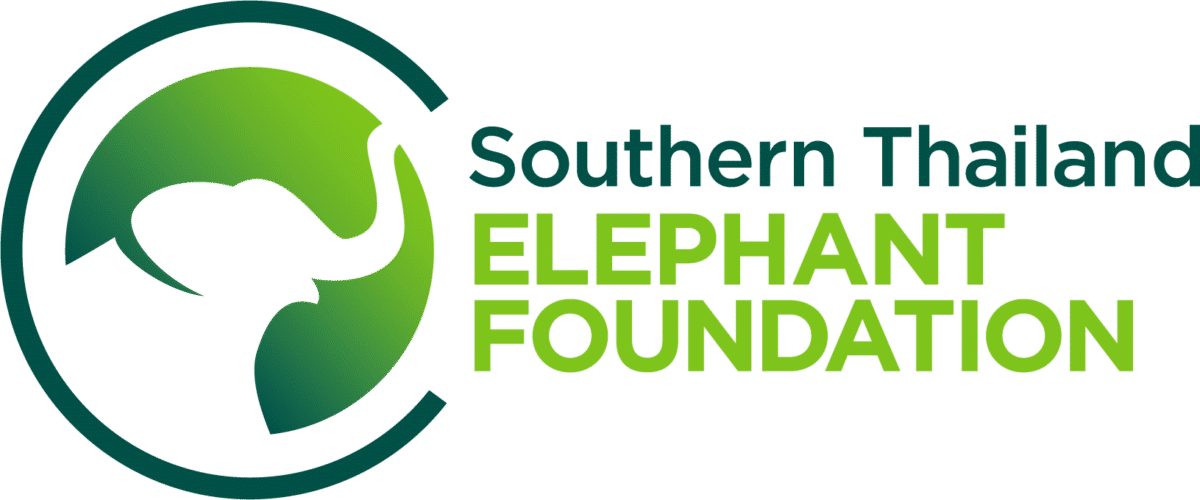A domesticated elephant taking time off in the forest
Elephants are an intrinsic part of Thailand’s culture and yet today many elephants are facing starvation because of the Covid-19 pandemic. Why does Thailand still have domesticated elephants when there seems to be little for them to do except entertain tourists?
It all goes back to the 12th century, when Thais began domesticating elephants to help them fight wars (think of them as the precursor to the armoured tank), transport people and equipment, and carry out heavy work like land clearance, logging and construction. Such was their importance to Thailand’s economy that by the end of the 19th century there were well over 100,000 elephants in Thailand; now there are under 4,000 domesticated elephants and, since logging was outlawed in 1989, their only means of work is in the tourist industry.
Owning an elephant has been a long-standing tradition in Thailand – it is, after all, their national animal – and domesticated elephants can live for up to 80 years, so owners are in it for the long-haul. Nowadays, without the logging business, the only way many of these owners (often just one man and his family) can afford to keep their elephant is to lease it to one of the tourist parks in return for a small income.
But the Covid-19 outbreak has decimated the tourist industry in Thailand and the elephant parks have closed, leaving owners to take back their elephants and care for them as best they can. Given that it costs upwards of £10 a day to feed an elephant, many owners just cannot afford this, especially as they are no longer receiving an income from the parks. This is why so many elephants are now in danger of starving.
So why not just leave these elephants to forage for their own food? Thailand is a similar size to the UK and has a similar sized population. The designated national parks for wild elephants are already at nearly full capacity. Land clearance for agriculture has left only small areas of forest remaining in Thailand, and elephants that have been dependent on humans for food (an elephant eats up to 200kg of vegetation a day) are even more likely to come into conflict with farmers growing crops (elephants and farming). Attempts to introduce a few domesticated elephants into the national parks has so far been unsuccessful because the wild elephants don’t accept them.
The only solution to help Thailand’s domesticated elephants in this time of crisis is provide food for them. STEF has a team of volunteers on the ground in Southern Thailand who can identify those owners most in need of help. With money donated from our appeal, these owners can be provided with food for their elephants to help them through this difficult time. Please help us to raise enough money to save the starving elephants by donating to our Justgiving page.


